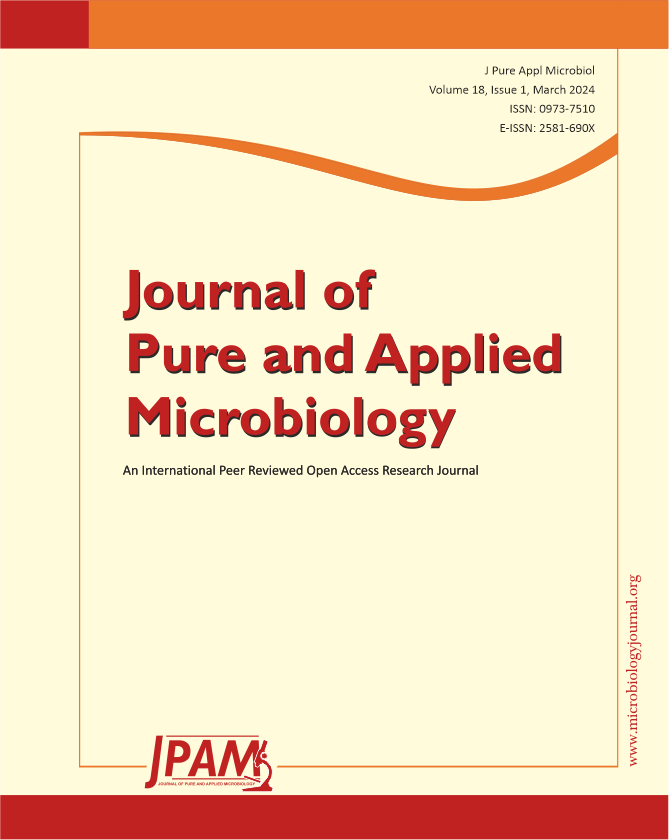Phenolic compounds (PCs) are a prominent class of secondary metabolites produced by plants and are essential for the natural role of the entire plant life cycle. PCs are formed in plants under both favorable and unfavorable conditions and have essential functions in signaling pathways, such as cell division, nutrient mineralization, hormone control, and reproduction. Under abiotic stress conditions, plants produce more polyphenols, which aid them in adapting to their environment. The phenylpropanoid biosynthetic pathway is activated under various environmental stress conditions, such as drought, heavy metal toxicity, salinity, and high/low temperatures, resulting in the deposition of compounds. These compounds can neutralize reactive oxygen species (ROS) produced in excessive amounts in crops under stressful conditions and adversely affect plants. It is imperative to investigate the functions of PCs in response to several abiotic stresses, as the phenylpropanoid pathway plays a crucial role in the metabolic pathway in crop plants, leading to the biosynthesis of a wide range of PCs. These compounds play various roles in plant growth, development, and response to environmental stress. Therefore, this review provides a comprehensive understanding of PCs and their exchanges with other cellular components, which is crucial for harnessing their potential to improve crop resilience to environmental stresses.
Environment, Abiotic Stress, Phenolic, Phenylpropanoid Pathways, ROS, Plant Defense
© The Author(s) 2024. Open Access. This article is distributed under the terms of the Creative Commons Attribution 4.0 International License which permits unrestricted use, sharing, distribution, and reproduction in any medium, provided you give appropriate credit to the original author(s) and the source, provide a link to the Creative Commons license, and indicate if changes were made.


